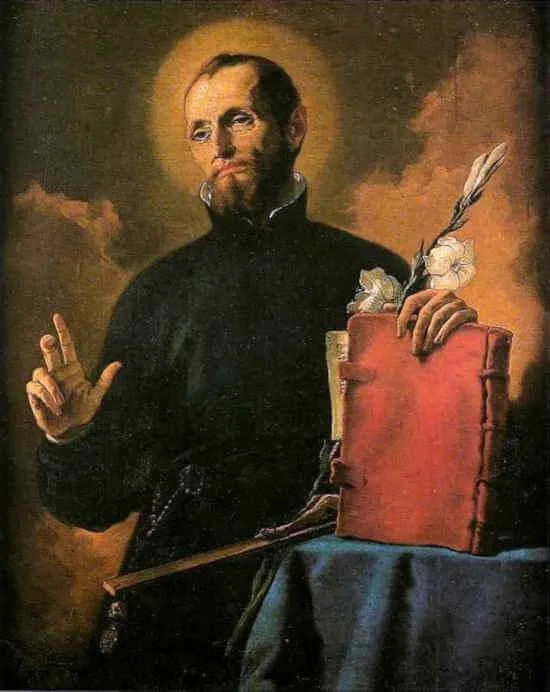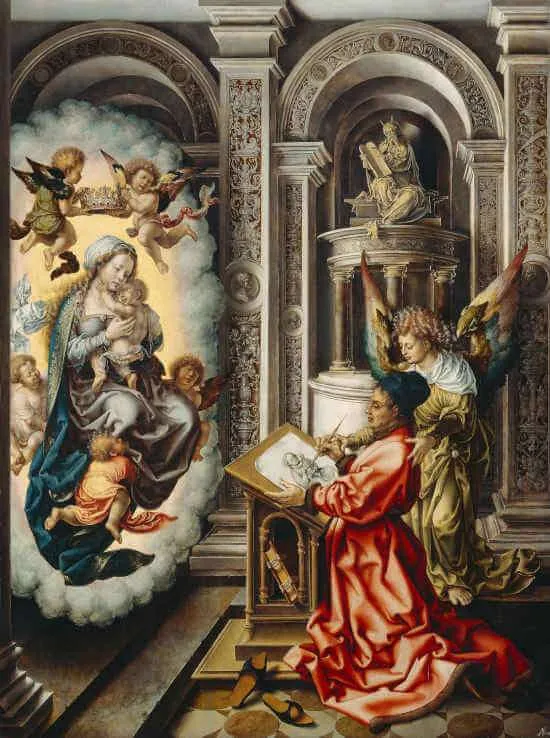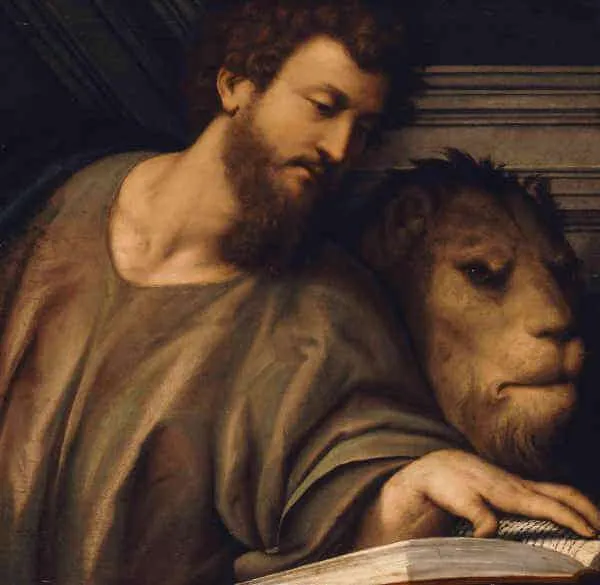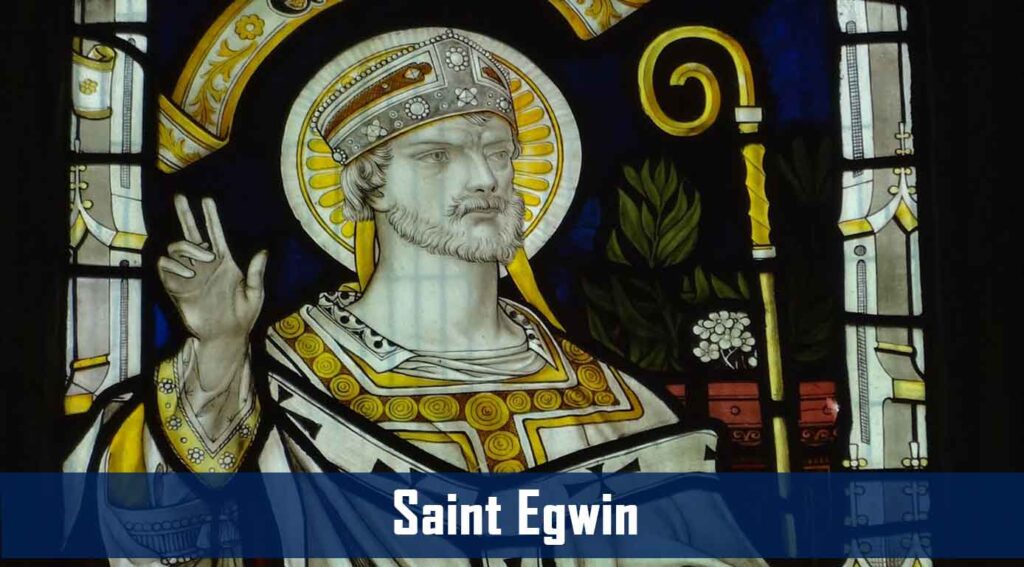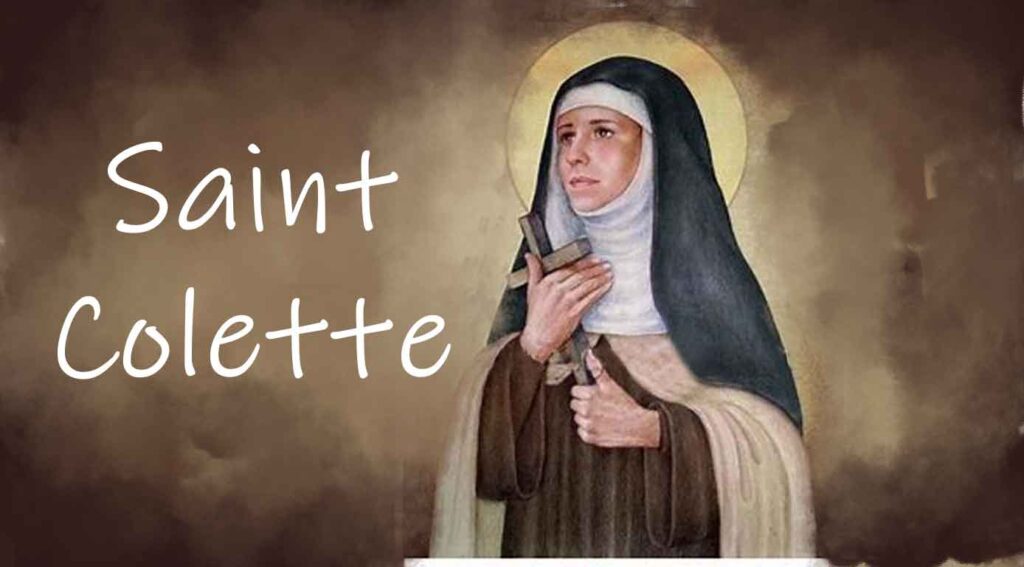1480–1547; Patron Saint of the unemployed Invoked for gambling problems; Canonized by Pope Clement X in 1671
Cajetan of the Counts of Thiene was born in Vicenza, in the Republic of Venice, modern-day northeastern Italy, to wealthy and first-ranked noble parents. In the preceding century, his family line included governors, theologians, clerics, and cardinals. His father died when Cajetan was only two years old. His mother’s faith was particularly strong. She dedicated Cajetan to the Blessed Virgin Mary from a young age and raised him well. As a child, Cajetan was devout, temperate, obedient, and mindful of the poor. He practiced long periods of prayer that helped him to avoid the temptations that came from his family’s wealth and status. He was intelligent and a good student. His long periods of prayer never interfered with his studies, but only enhanced his mind and helped him grasp true knowledge on a profound level. Though Cajetan primarily learned his piety from his mother, he learned humanities and other courses of general studies at home from private tutors. Afterwards, he was sent to Padua to study law where he received a double doctorate degree in both canon and civil law by the age of twenty-four.
With his dual law degree and strong faith, Cajetan was ready for a life of service to the Church. Though his first desire was to enter into a hidden life of prayer, he caught the eye of the pope. In 1506, at the request of Pope Julius II, Cajetan entered diplomatic service in the papal court and was appointed to the high position of Apostolic Protonotary. Pope Julius II was an ambitious man who was politically minded. He received the nickname “Warrior Pope” because he was quick to lead the army of the Papal States into battle. In the pope’s service, Cajetan’s duties would have primarily been administrative legal work, but he would have also worked closely with the pope as an advisor. In 1508, Pope Julius II formed the League of Cambrai in which he allied the Papal States with France, Spain, and the Holy Roman Empire against the Republic of Venice. Cajetan is said to have played a crucial role in helping to relieve the tensions and reconcile Venice with the pope, ensuring peace for his homeland.
In 1513, Pope Julius II died and Cajetan resigned his duties in the papal household to pursue priestly ordination, which he received in 1516. Within two years, Father Cajetan returned to his hometown of Vicenza where he joined the Oratory of Saint Jerome, which was dedicated to the service of the poor. Most of the members of the Oratory were men of lower classes. As a result, many of Father Cajetan’s family and noble “friends” were deeply offended by his association with those deemed to be unworthy of association with the nobility. Father Cajetan had no concern with such petty social norms and put his heart and soul into his work. He even founded a new hospital that was dedicated to the care of the terminally ill. Such a hospital was not seen as a proper place for the nobility to serve, but Father Cajetan greatly delighted in this work of compassion in which he helped people die with dignity and faith. He later founded a similar hospital in Venice.
While in Vicenza, Father Cajetan also worked in a local parish. He became known as a sort of holy gambler because when he gave spiritual advice, he made a “bet” with the person that if his advice worked, the person had to light a votive candle. If it did not, Father Cajetan would light the candle. For this reason, he is invoked by those seeking freedom from gambling addictions.
At that time, there was much internal corruption within the Church. Father Cajetan no doubt witnessed this firsthand while working in the papal court for the Warrior Pope. He also saw the lax morals of the clergy, the political ambitions, and financial abuses within the Church, all of which helped to spark the Protestant Reformation. Unlike Martin Luther and other reformers who revolted against the Church, Father Cajetan sought to reform the Church from within. In 1523, he returned to Rome and joined the Oratory of Divine Love, an organization committed to prayer and the service of the sick and poor. It was there that he became associated with three other like-minded companions: Bishop Giovanni Pietro Carafa (the future Pope Paul IV), Bonifacio da Colle, and Paolo Ghisleri. On September 14, 1524, the Feast of the Triumph of the Cross, Father Cajetan and his three companions jointly founded the Order of the Clerics Regular, or Theatines, in the city of Rome, by making their first profession of vows.
The goal of their order was to unite the monastic aspects of religious life with the work often performed by diocesan priests. As religious, they sought evangelical perfection by jointly living in poverty, practicing a common life of prayer, and by adhering to a strict way of life. They then dedicated themselves to priestly service through the celebration of the Sacraments, education, preaching, the formation of clergy, and the care of the poor and sick.
In 1527, Rome was sacked by disgruntled soldiers; eight months of violence and looting ensued. During that time, some members of the Theatines were killed, and Father Cajetan endured torture. Eventually, the Theatines escaped the city and settled in Venice where they established a new house. Over the next two decades, until Father Cajetan’s death, the order continued to grow, expanding into Naples, Milan, Sicily, and other parts of Europe, including Germany. Father Cajetan was well known for his continual penances and life of prayer that fueled his devotion to the mission of his order. After Father Cajetan’s death in 1547, one of the co-founders of the Theatines, Bishop Giovanni Pietro Carafa, became Pope Paul IV in 1555. This elevated the status and mission of the order and helped it to continue to grow.
As we honor Saint Cajetan today, we are invited to ponder the mission he was given during a time of corruption within society and the Church. He renounced worldly honors, devoted himself to a life of prayer and virtue, sought to reform the Church and clergy from within, selflessly served the poor and sick, and inspired many others to follow his path. Consider your own need to reform your life and the lives of those around you. Seek to follow Saint Cajetan’s example by reforming your life and being an inspiration that others will imitate.
Source: https://mycatholic.life/saints/saints-of-the-liturgical-year/august-7—saint-cajetan-priest/


